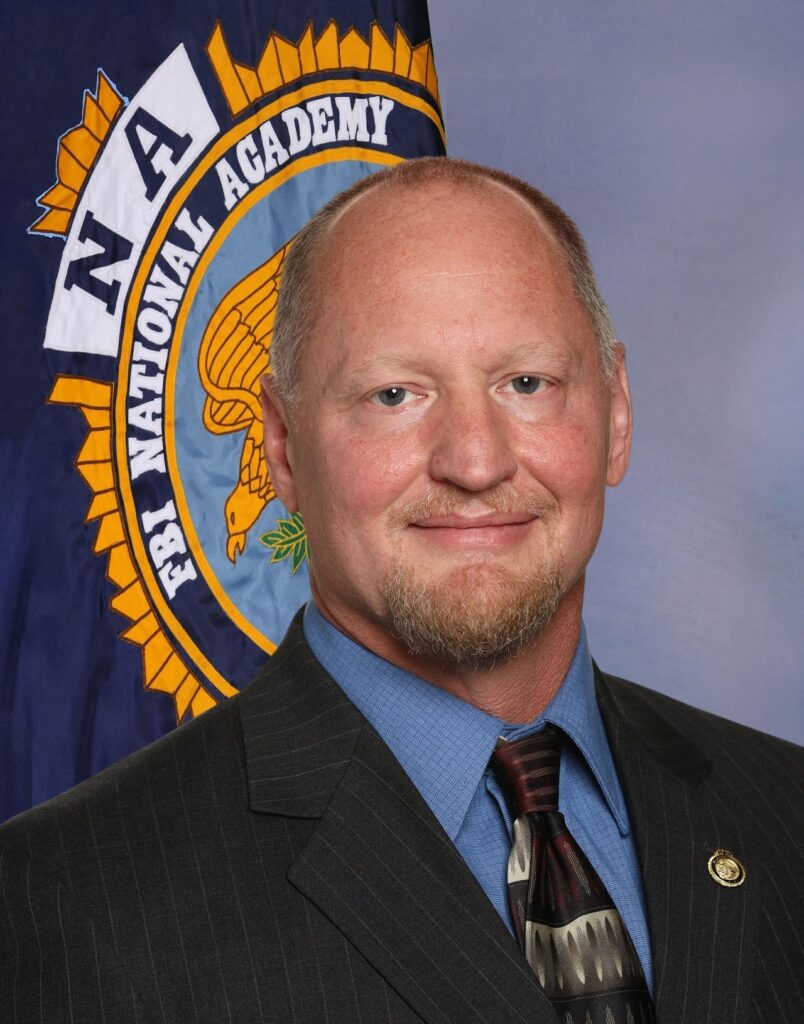Proposed Legislation Could Help State Law Enforcement Solve Cold Cases
Lawmakers advance draft bills to establish database, hire retired detectives
- Published In: Politics
- Last Updated: Sep 26, 2023

By Jennifer Kocher
Special to the Wyoming Truth
It’s been nearly 22 years since Danny Moser was found lying unconscious in a pool of his own blood in a roller-skating rink parking lot in Mills, outside Casper. He’d been badly beaten and hit by a car. The 27-year-old died in the hospital two days later.
To date, Moser’s homicide remains unsolved, as agents with the Wyoming Department of Criminal Investigation (DCI) continue to actively work his case with limited resources and manpower.
But now the agency may receive some help from the Wyoming Legislature following the passage of two draft bills by the Joint Judiciary Committee on Sept. 19.
The first proposed bill, LSO 59, would allow DCI to hire up to two retired peace officers to assist with missing person, homicides, sexual assaults or unidentified person cases one year or older.
Currently, the cold case team consists of 12 DCI agents, including two supervisors, seven agents, two forensic scientists and one intelligence analyst, who work on the cold cases part time in addition to their other duties and assignments.

The second draft bill would require DCI to create and maintain a statewide database to which all Wyoming law enforcement agencies would be required to report their cold cases.
Both draft bills passed unanimously by the committee and will advance to the Legislature during its winter session.
Missing from both draft bills were dollar figures on what the new legislation would cost the state if enacted. This caught the attention of Rep. Mark Jennings (R-Sheridan), who joined the meeting remotely and asked what the two positions would cost.
Cara Chambers, director of the division of victim services at the Wyoming Attorney General’s Office, said there are too many unknowns to throw out dollar figures at present, but noted the average DCI agent salary is about $138,000 per year, including benefits.
“We’re reluctant to comment on exact numbers and positions at this point, as that is under the discretion of the Attorney General in conversation with the governor, which will be happening in October,” she said.
Committee co-chairman Rep Art Washut (R-Casper) suggested adding an amendment that tacks on an additional reserve of around $50,000 for investigative tools as needed.
The committee shelved monetary discussions until its November meeting.
Further unknowns
Chambers further noted that it was a “tad early” to throw out numbers given the unknowns regarding the precise number of cold cases in Wyoming, as well as how the statute would ultimately define jurisdiction. Currently, local law agencies are not required to turn over cases to DCI, but rather invite DCI to take control when they feel they’ve exhausted their resources.
As currently written, the draft bill would require DCI to investigate cases referred by the Wyoming Attorney General’s office, but would give DCI discretion to accept or reject cases referred by local law enforcement agencies.
Sen. Wendy Schuler (R-Evanston) inquired about the number of cold cases in the state, saying it’s a statistic that should be available.
To date, DCI counts 51 unsolved homicides, missing person cases and sexual assaults dating back to 1965 on which the agency is either the lead or support agency.
Ryan Cox, DCI commander who oversees cold cases, told the committee that the total number of cold cases is probably closer to 150, based on the Uniform Crime Reporting program maintained by the Federal Bureau of Investigation.
Chambers clarified the discrepancy: “The reason we don’t have solid numbers is because local jurisdictions are not required to report that to us, and they don’t have to turn it over for us to take over.”
DCI Commander Matt Waldock told the committee local law agencies would not be required to hand their cases over to DCI – just report them.

In response to Jennings’ inquiry about how cold cases are prioritized, Waldock said DCI makes that decision based on the merits of each case, including the presence of DNA evidence and whether there are identifiable suspects.
Committee Chairman Sen. Bill Landen (R-Casper) called DNA evidence a “game changer” and asked if the Legislature could provide a budget for third-party propriety companies that conduct investigative genetic genealogy.
Cox affirmed the agency had just received a presentation from a proprietary DNA genetic genealogy company and is considering using its services.
Moser’s daughter, Lauren, who was four when her father died, is encouraged that DCI might see a staff increase to help with cold cases.
“That would be great,” she told the Wyoming Truth. “I think they need more to really focus on these cases, but it’s a start.”
The committee will meet again on Nov. 6-7 in Douglas.













